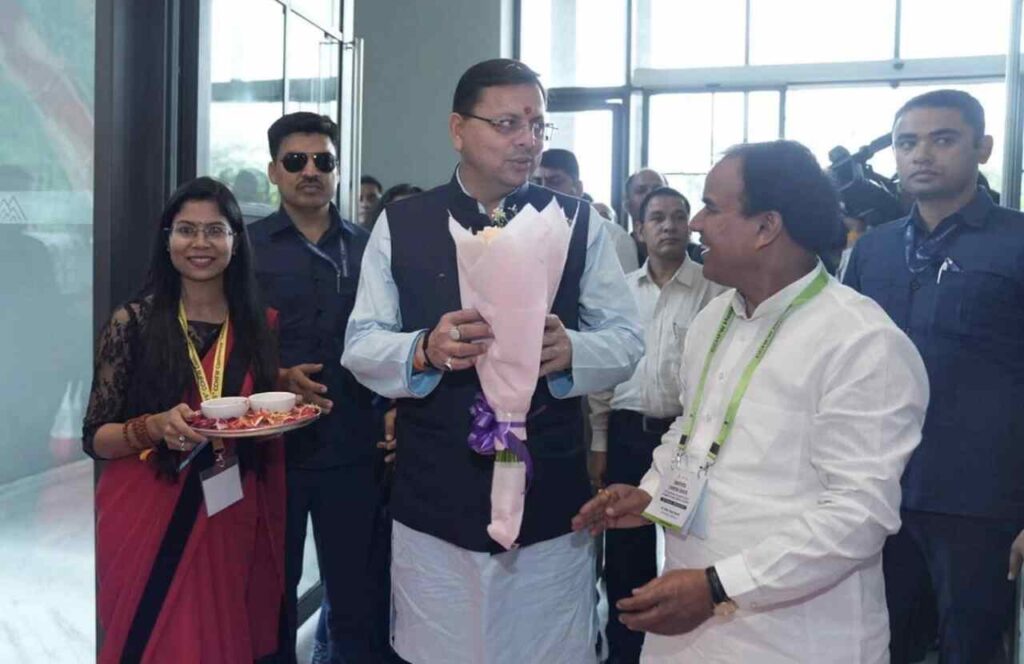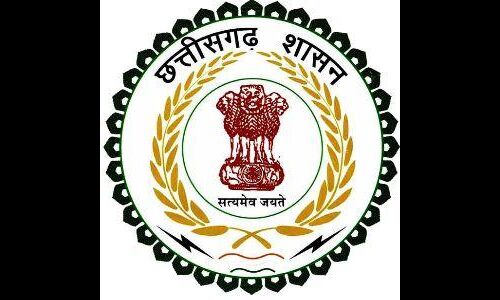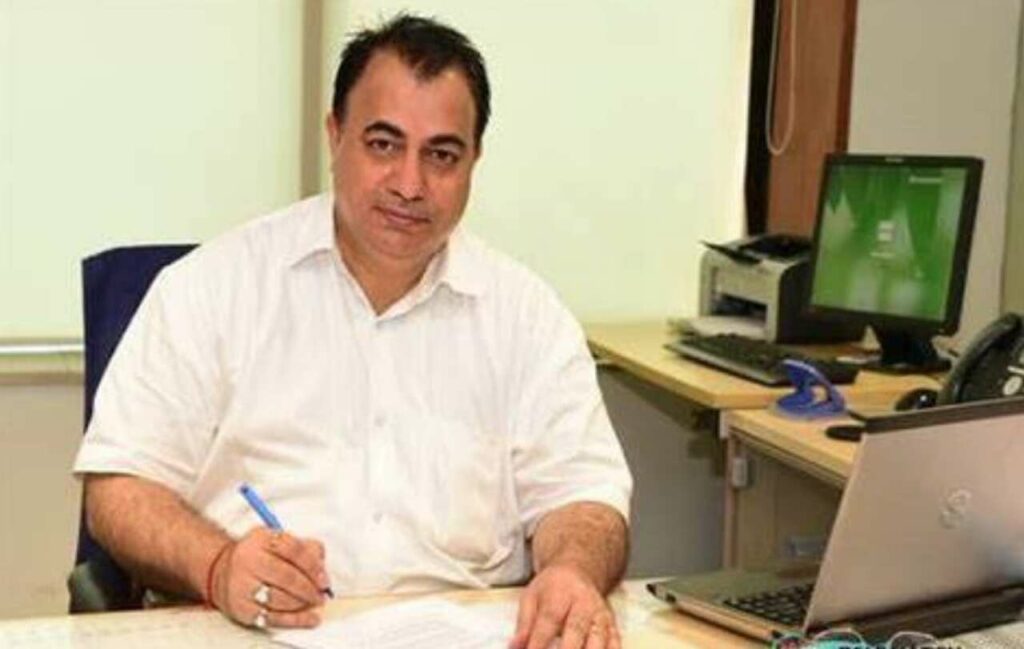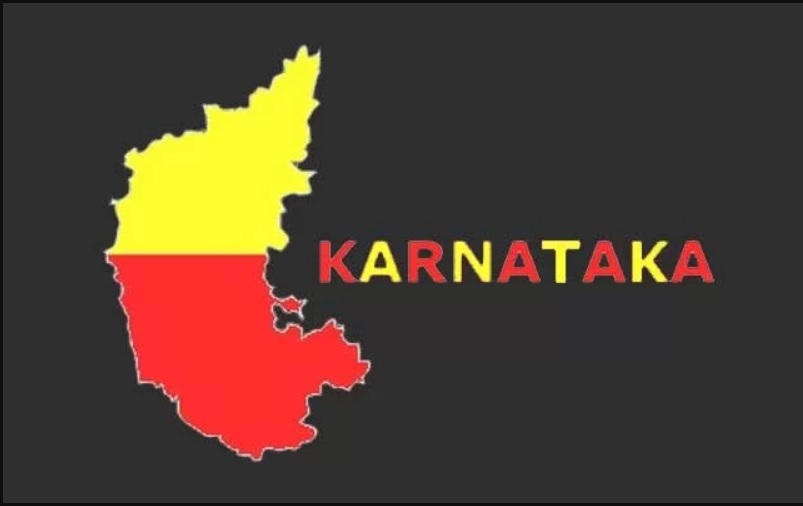Bhubaneswar: In a move aimed at bridging the gap between policy-making and ground-level implementation, Odisha Chief Secretary Manoj Ahuja, an IAS officer of 1990 batch, has directed senior government officials to undertake field visits as part of a new initiative to improve governance and decision-making.
The directive, issued through official communication to Additional Chief Secretaries, Principal Secretaries, Commissioner-cum-Secretaries, RDCs, and District Collectors, instructs departments to develop a rotational field visit schedule for personnel ranging from Assistant Section Officers to Section Officers.
Learning, Not Supervising
The initiative emphasizes learning over supervision. Officials are expected to shadow frontline workers, including Anganwadi staff and ASHAs (Accredited Social Health Activists), to observe firsthand the challenges and effectiveness of various welfare schemes. The Chief Secretary has also encouraged overnight stays in rural or remote areas to deepen the officials’ understanding of local realities.
“Exposure to ground realities enhances the effectiveness and speed of decision-making,” Ahuja noted in the communication.
Importantly, the visits are not intended as inspections, but rather as an opportunity for bureaucrats who are not typically involved in fieldwork to gain hands-on insight into policy execution.
Generating Ideas for Reform
Each participating officer will be required to submit at least one suggestion or idea to their department’s secretary based on their observations. These suggestions could lead to improvements in scheme implementation, policies, or departmental procedures.
The collected insights will be reviewed and presented during All Secretaries Meetings, facilitating cross-departmental learning and reform. Departments have also been encouraged to adapt effective suggestions into their operational models to enhance service delivery.
Focus on Aspirational Districts
The initiative will be rolled out initially in Aspirational Districts, which often face developmental challenges and require more targeted administrative focus. The state government hopes that bringing decision-makers closer to on-ground execution will accelerate outcomes and improve policy responsiveness.








